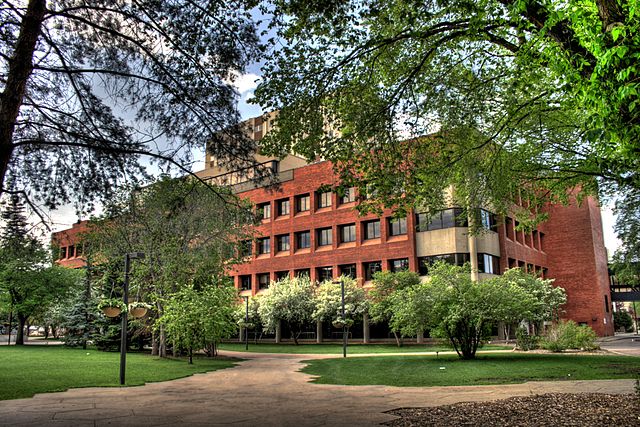Further vs Higher Education
The distinction between further and higher education lies in the focus and outcome of each form of education. Higher education is widely recognized as a means for students to gain knowledge in a chosen subject area while creating income earning opportunities for a comfortable and secure life. However, further education, a term primarily used in the UK, refers to a specific type of education that is distinct from higher education as it is known globally. This article will explore the differences between further and higher education by examining both terms in detail.
What is Higher Education?
In the UK, children receive compulsory education from ages 5-16, which includes five years of secondary education. Students then take an examination called the GCSE (General Certificate of Secondary Education), a single subject exam covering up to 10 subjects, including math and English language. After completing their GCSEs, students must decide on their future studies and career. Many students choose to pursue higher education, enrolling in colleges or universities for undergraduate courses and later pursuing master’s level degree courses.
What is Further Education?
However, some students may not have the time or finances to pursue higher education. These students can opt for Further Education (FE), which is distinct from higher education but is a level above secondary education. Institutes providing Further Education differ from those offering degree-level courses at undergraduate and postgraduate levels. Further Education goes beyond secondary education but stops short of higher education, encompassing A-level, AS-level, and vocational education. While Further Education is more job-oriented, some choose this education as a pathway to higher education by gaining the necessary knowledge.
Individuals above the age of 16 can opt for Further Education, which is provided in Further Education colleges in the UK. These colleges are similar to community colleges in the US, where people enroll to earn short-term diplomas and certificates for quick employment. The courses offered are industry-ready and practical-oriented rather than theoretical courses taught in higher education. In Australia, TAFE institutes provide vocational training for those seeking jobs after college.
Key Takeaways
- Further education is a level above secondary education but below higher education, focusing on job-oriented skills and knowledge, while higher education is theory-oriented and encompasses undergraduate and postgraduate studies.
- Further education is offered at Further Education colleges (similar to community colleges in the US), while higher education is provided at universities and colleges.
- Further education often leads to quick employment with lower salaries compared to those with higher education degrees, but it can also serve as a pathway to higher education.
